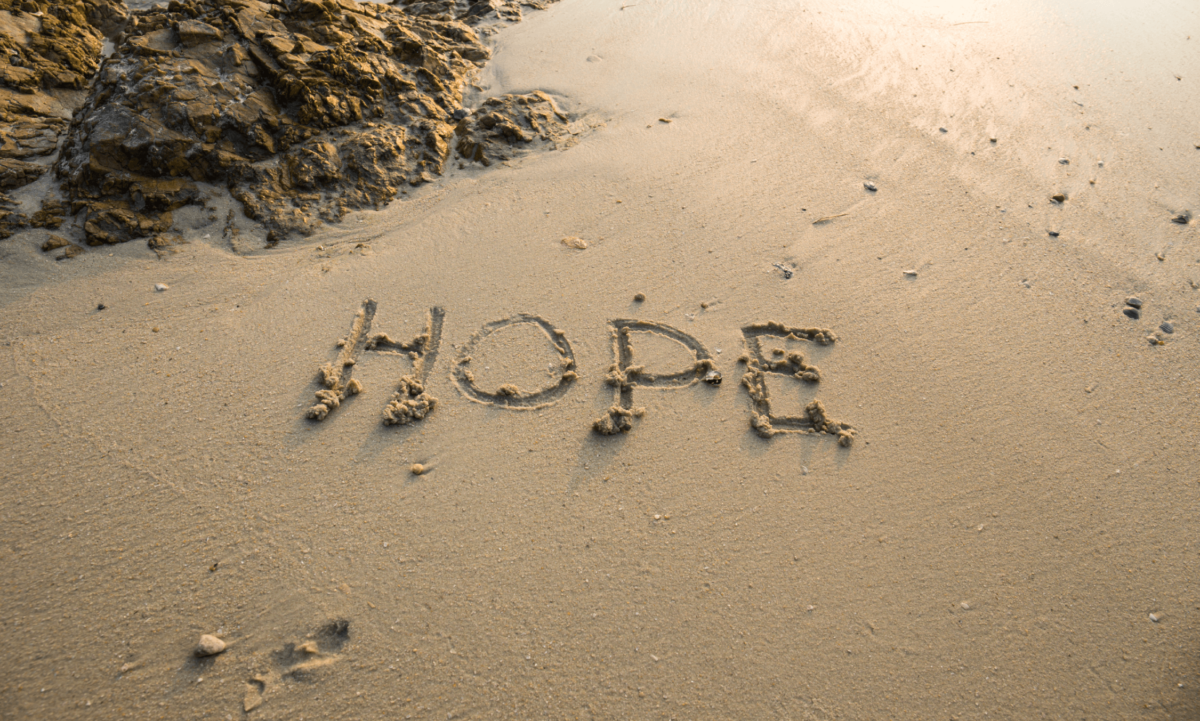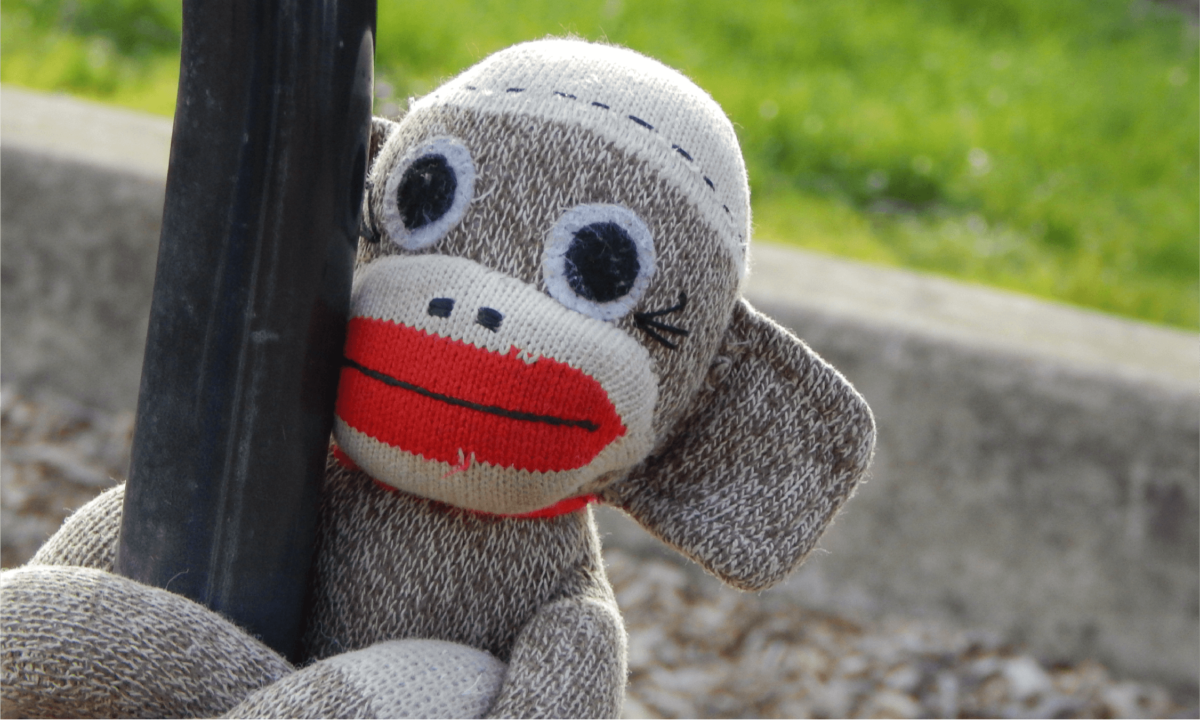Richard Nixon declared war on cancer as he signed the cancer act in 1971 stating, “for those who have cancer and who are looking for success in this field, they at least can have the assurance that everything that can be done by government, everything that can be done by voluntary agencies in this great, powerful, rich country, now will be done and that will give some hope, and we hope those hopes will not be disappointed.”
Good intentions here. Stop the suffering caused by cancer. Who could argue with that? Well, more than four decades later, it’s time to ask a few tough questions:
Is waging a war on cancer actually waging war on our own bodies? Conventional treatment includes three options: cutting, poisoning, and burning cancer away via surgery, chemotherapy, and radiation. One of the issues with these treatments, of course, is that there is a delicate balance: give the patient enough treatment to kill the cancer cells without killing the patient. While this balancing act may read like a Stephen King novel, it’s a real-life nightmare for way too many people.
Is this what success in the war on cancer looks like? The National Cancer Institute’s website includes expectations for 2015: “In 2015, an estimated 1,658,370 new cases of cancer will be diagnosed in the United States and 589,430 people will die from the disease.” Conduct your own analysis here; however, it’s difficult to argue with the conclusion that these expectations indicate less than stellar success after 40+ years of research, experimentation, and treatment.
Einstein proposed that the definition of insanity is doing something over and over again and expecting a different result. Isn’t it time to do something different? We seem to think that in order to “beat” cancer the patient needs to go to battle and endure unimaginable suffering. How many times have we heard how close we are to a cure? And that all we need is more funding for research? More clinical trials? This brings up even more questions – questions that begin with What if…
What if stronger drugs aren’t the answer?
What if lifestyle and nutrition play key roles in prevention and healing of cancer?
What if we focus on prevention?
What if we stop referring to screening for cancer as prevention?
Who is benefiting from all of these fundraisers to eradicate cancer? How many billions of dollars have been raised for cancer research? And still, the National Cancer Institute expected more than 1.5 million new cancer diagnoses and more than 500,000 deaths due to cancer in 2015.
Is there a simpler solution? These questions have been asked before – for decades, actually. Dr. John McDougall has been working with cancer patients for more than 40 years. One of his favorite treatments: diet. While he does prescribe drugs for patients and recommends surgery as well, he puts his patients in control of their health by teaching them about the importance of a plant-based diet. Listen to the interview Chris Wark of chrisbeatcancer.com conducted with McDougall – none of the propositions about the relationship between diet and cancer are new; these connections were acknowledged decades ago.
T. Colin Campbell has conducted research showing the impact diet has on chronic diseases. Campbell published the results of his research in The China Study; these results were the opposite of what Campbell thought he’d find.
So what does this all mean?
Keep asking questions if you find yourself or a loved one facing a cancer diagnosis. I’ve written an eBook, 12 Bold Questions to Ask on Your Journey to Health, to serve as a starting point for a conversation for cancer patients and their healthcare teams.
Remember that knowledge is power. Conduct your own research, and know where your healthcare tea is getting its information from.
Listen to your inner voice.
Lots of questions remain. How do you approach the conversation surrounding cancer and other chronic illnesses?








